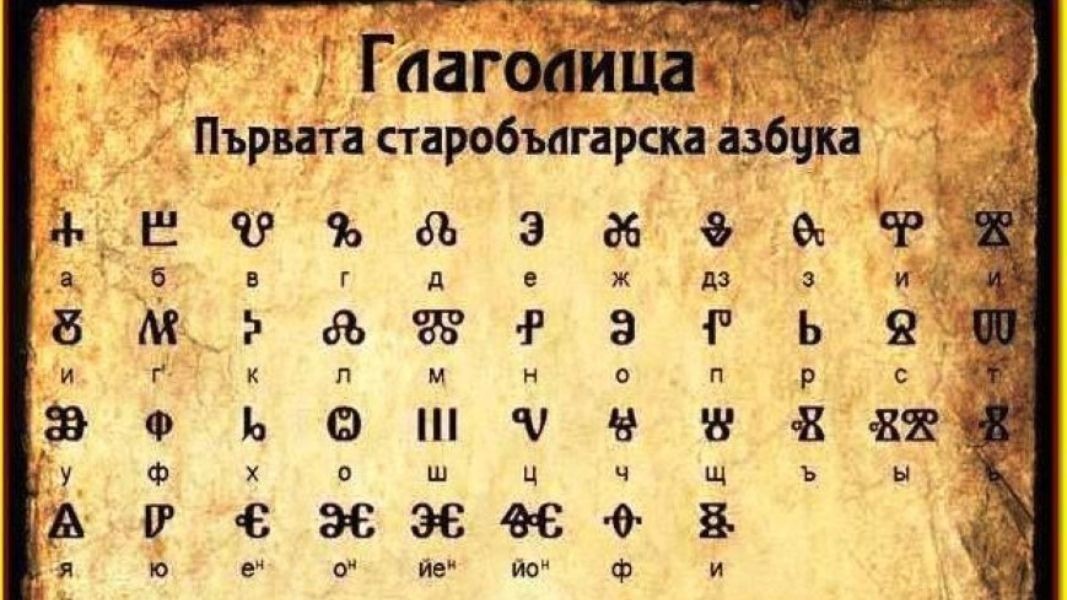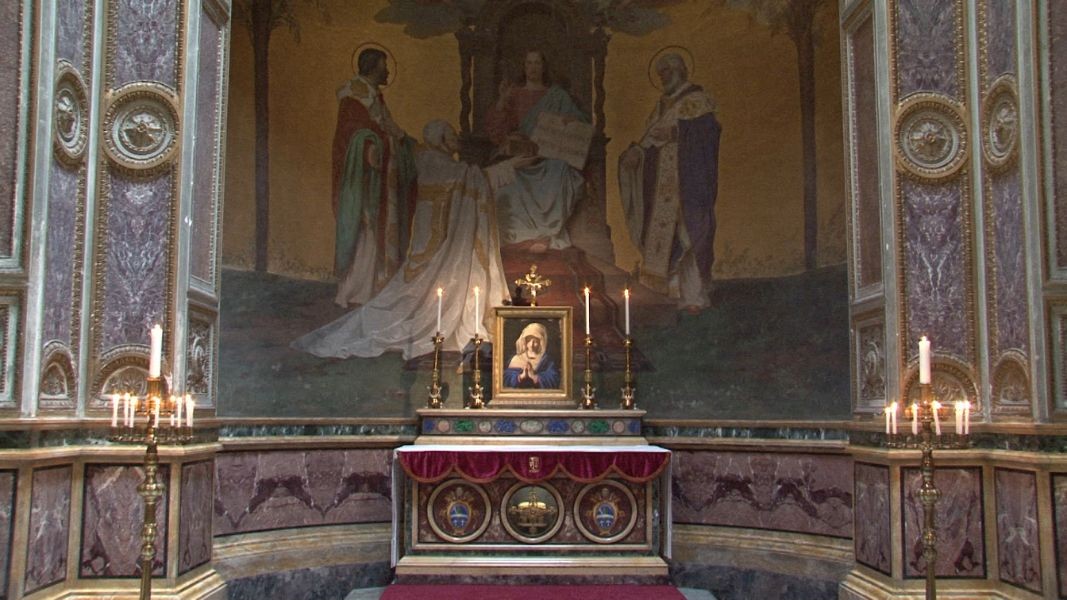On May 11, the Bulgarian Orthodox Church honours the memory of the Holy Equal-to-the Apostles and Co-Patrons of Europe Sts. Cyril and Methodius, creators of the original Bulgarian alphabet - the Glagolitic alphabet known in Bulgarian as Glagolitsa.

The first written notices of the tribute to the Thessalonian brothers Cyril and Methodius on May 11 in Bulgarian National Revival period literature are found in Neofit Rilski's 1852 "Christomatija slavyanskogo yazaka" (Collectanea of the Slavic language).

Photos: BGNES, Alexandra Delova
In 2025, the Catholic and Orthodox churches celebrate Easter on April 20. It is more joyful when we celebrate the Resurrection of Christ together. This is what Father Stefan from the Orthodox Church "St. Nicholas" and parish priest Father Walter..
On Good Friday, the Church recalls the great sufferings of Jesus Christ, who accepted by His own will to be judged, scourged, spat upon, humiliated, slapped, and shown to the people in a purple robe, with a crown of thorns on His head. With the..
On that day the Saviour hosted the traditional Passover meal for the Jewish people at the home of a Jerusalemite. Before the meal, as a sign of respect, He washed the apostles' feet and said, "I did not come to be served, but to serve". At the table,..

+359 2 9336 661
